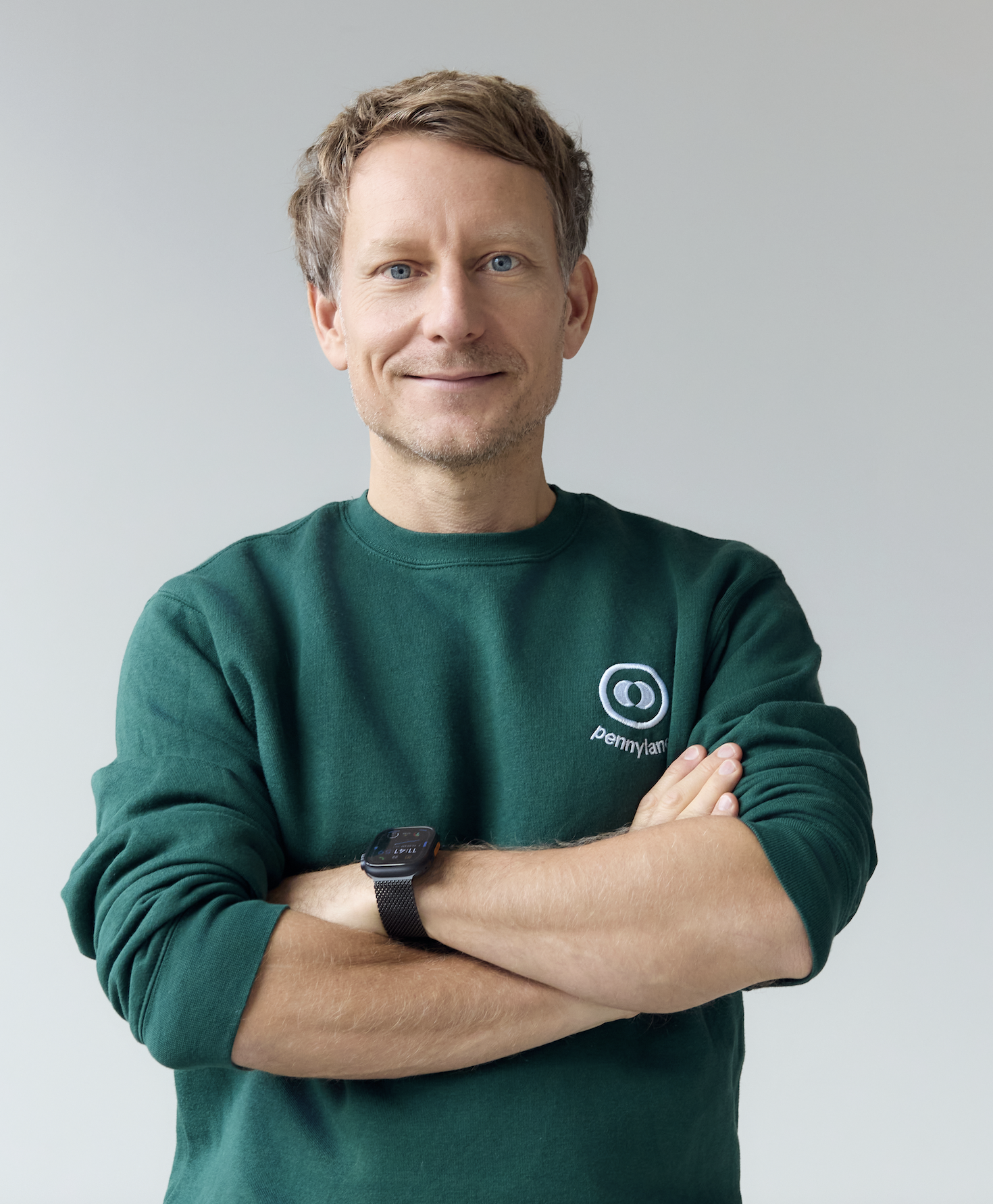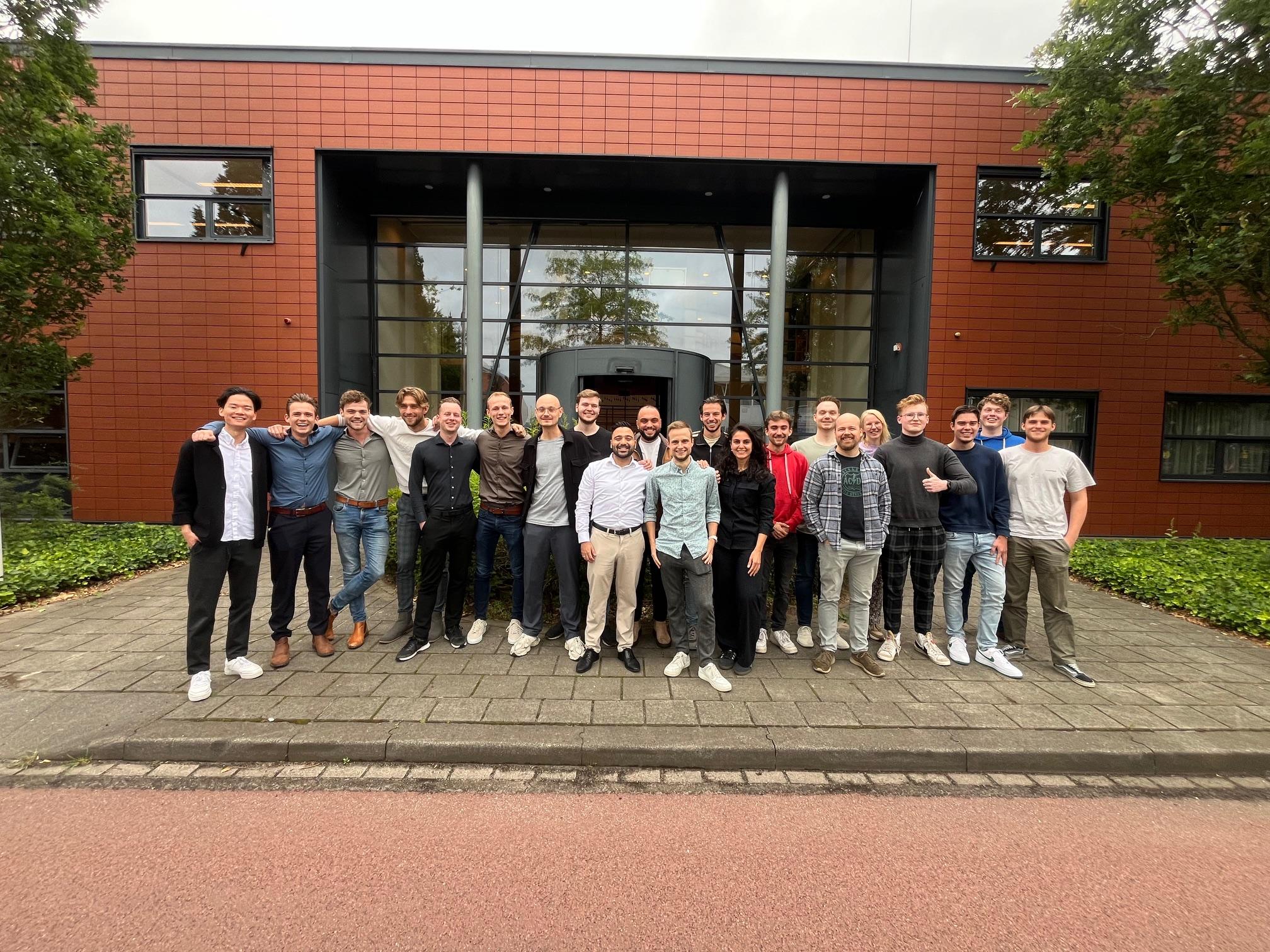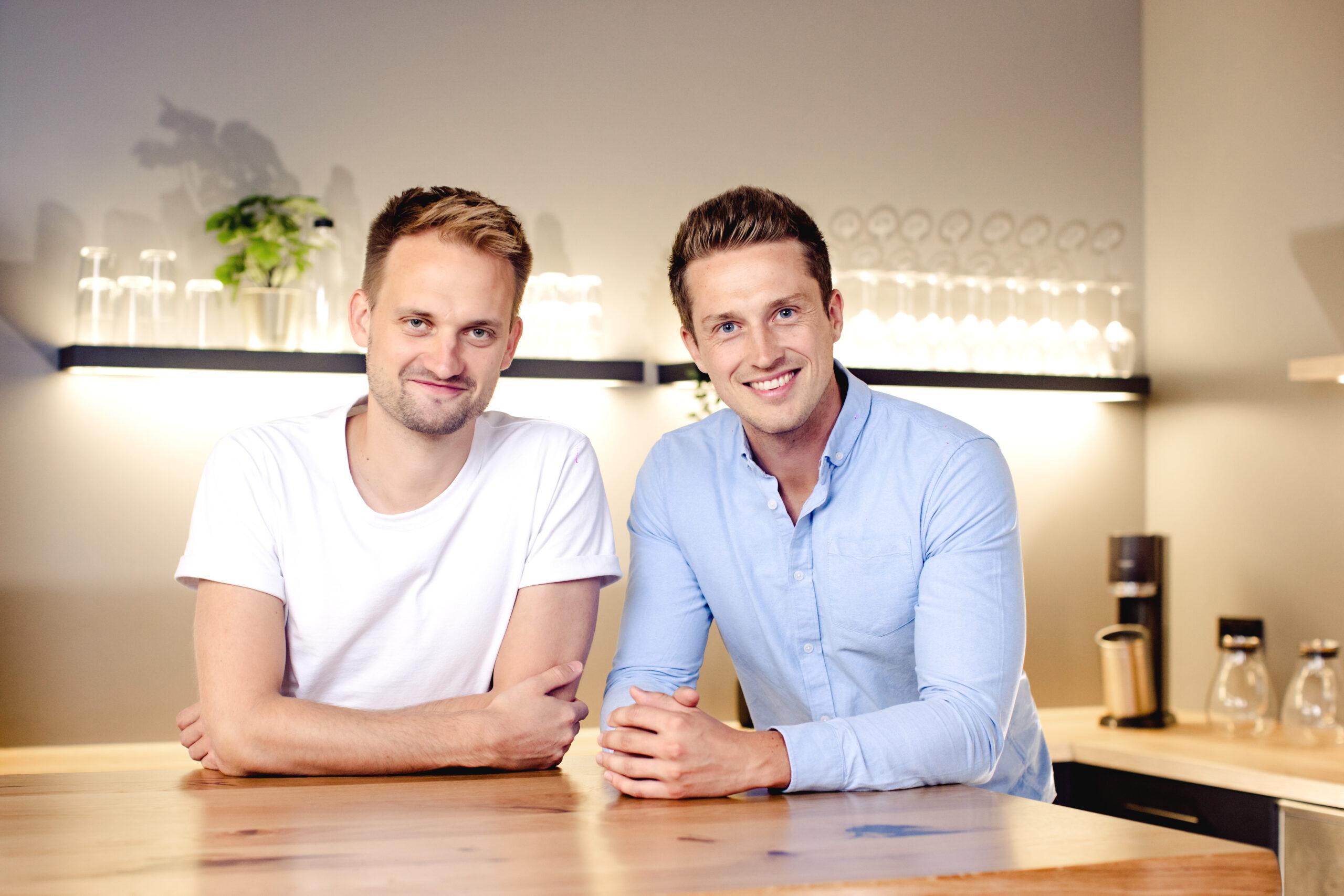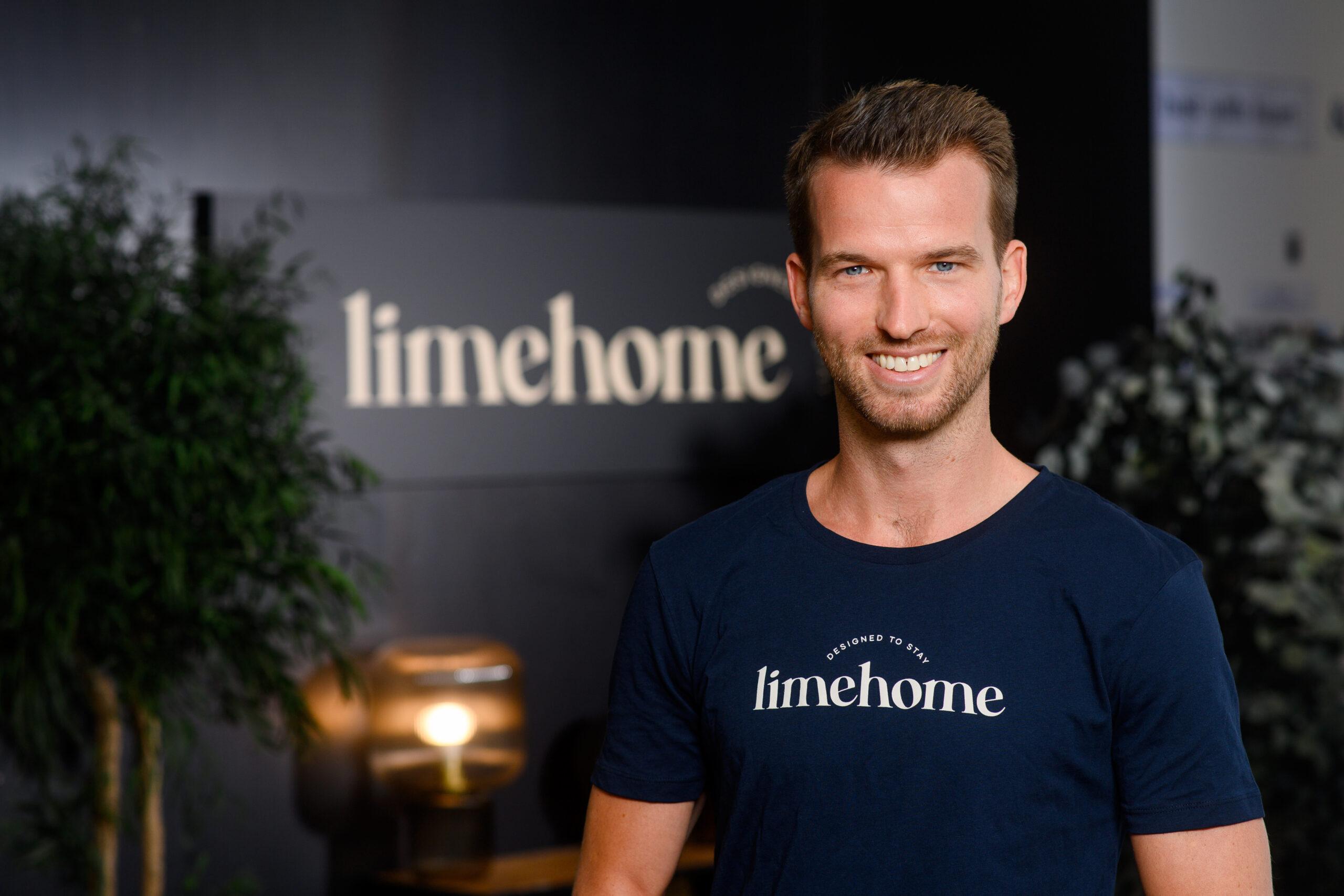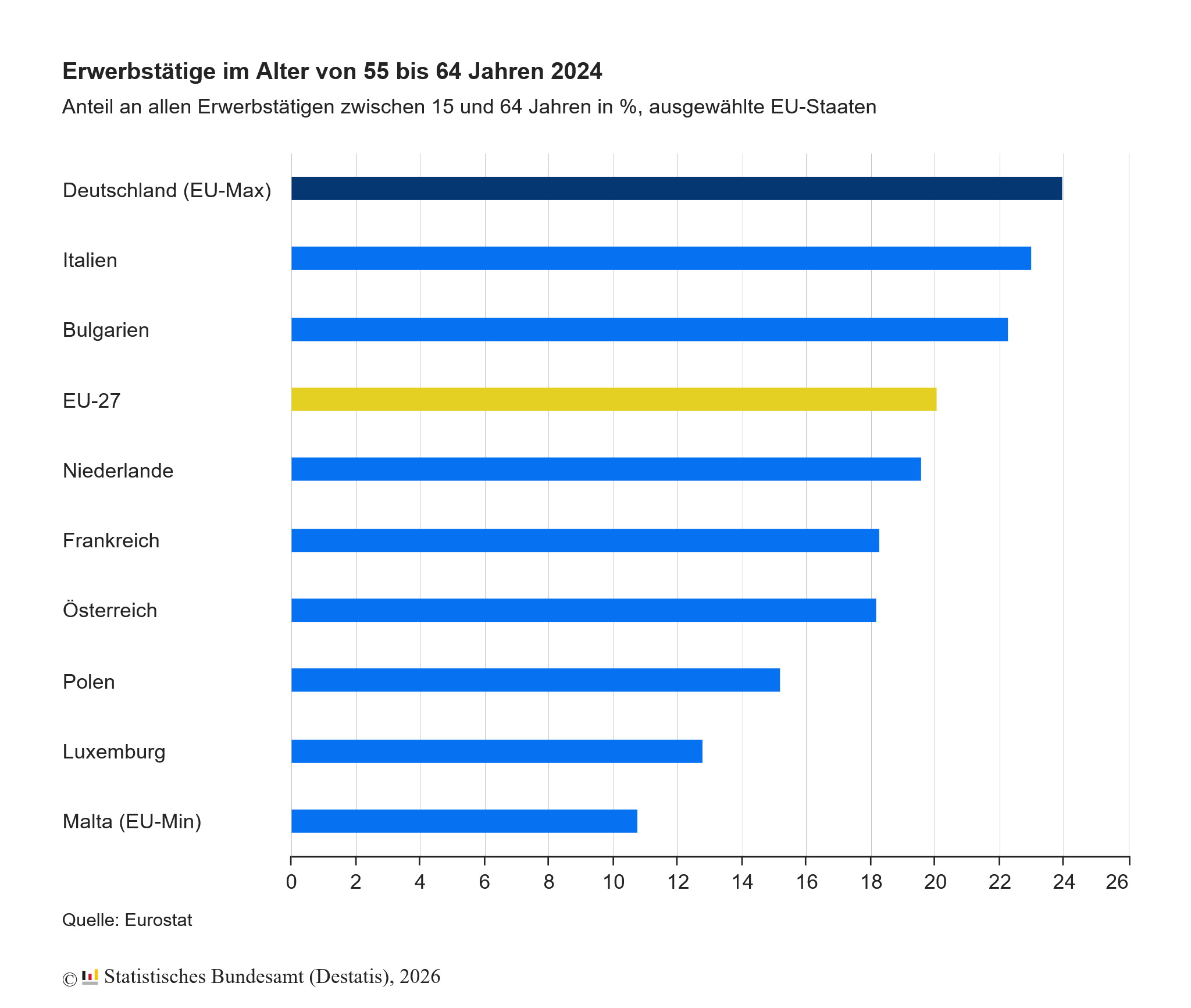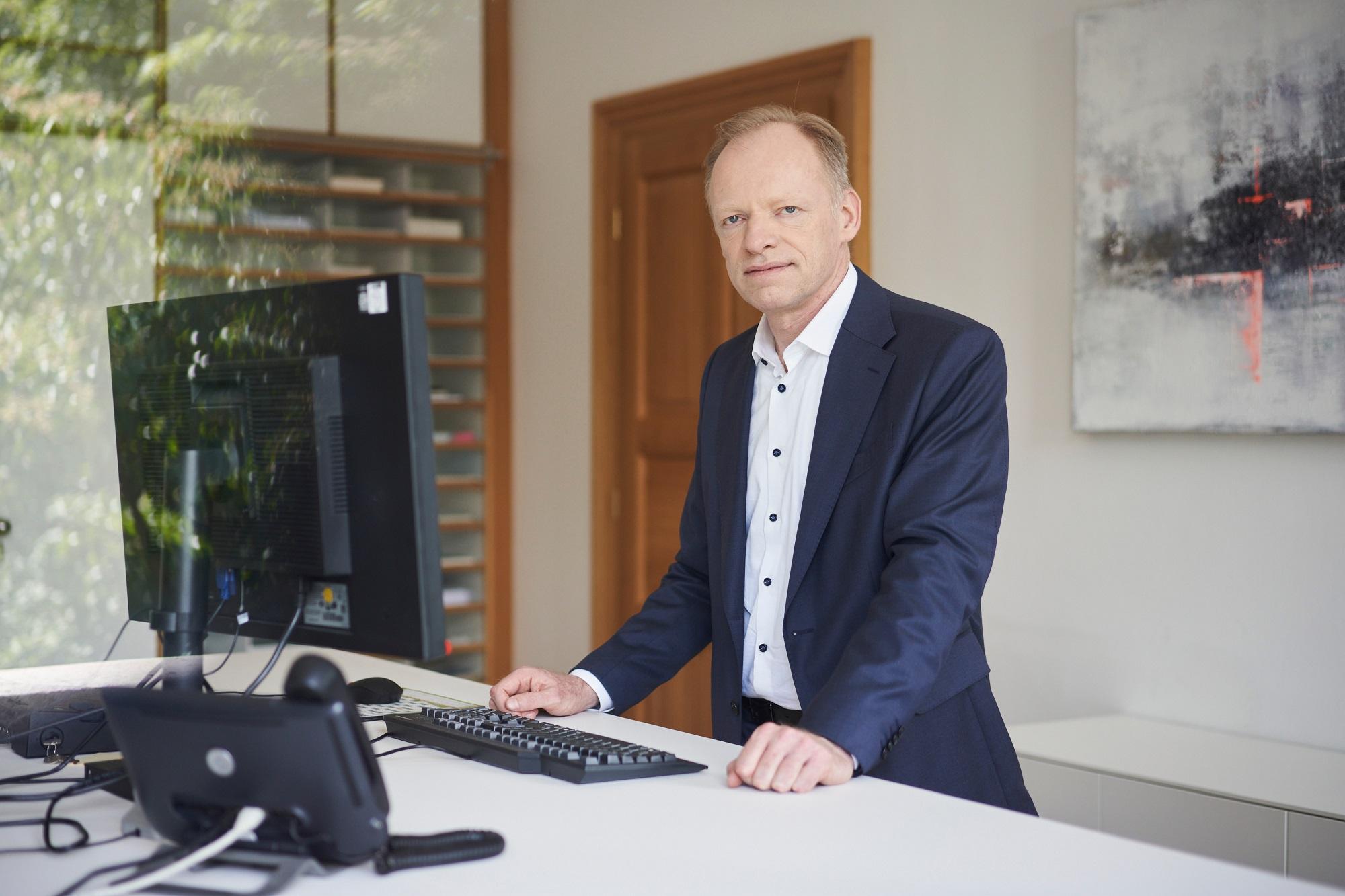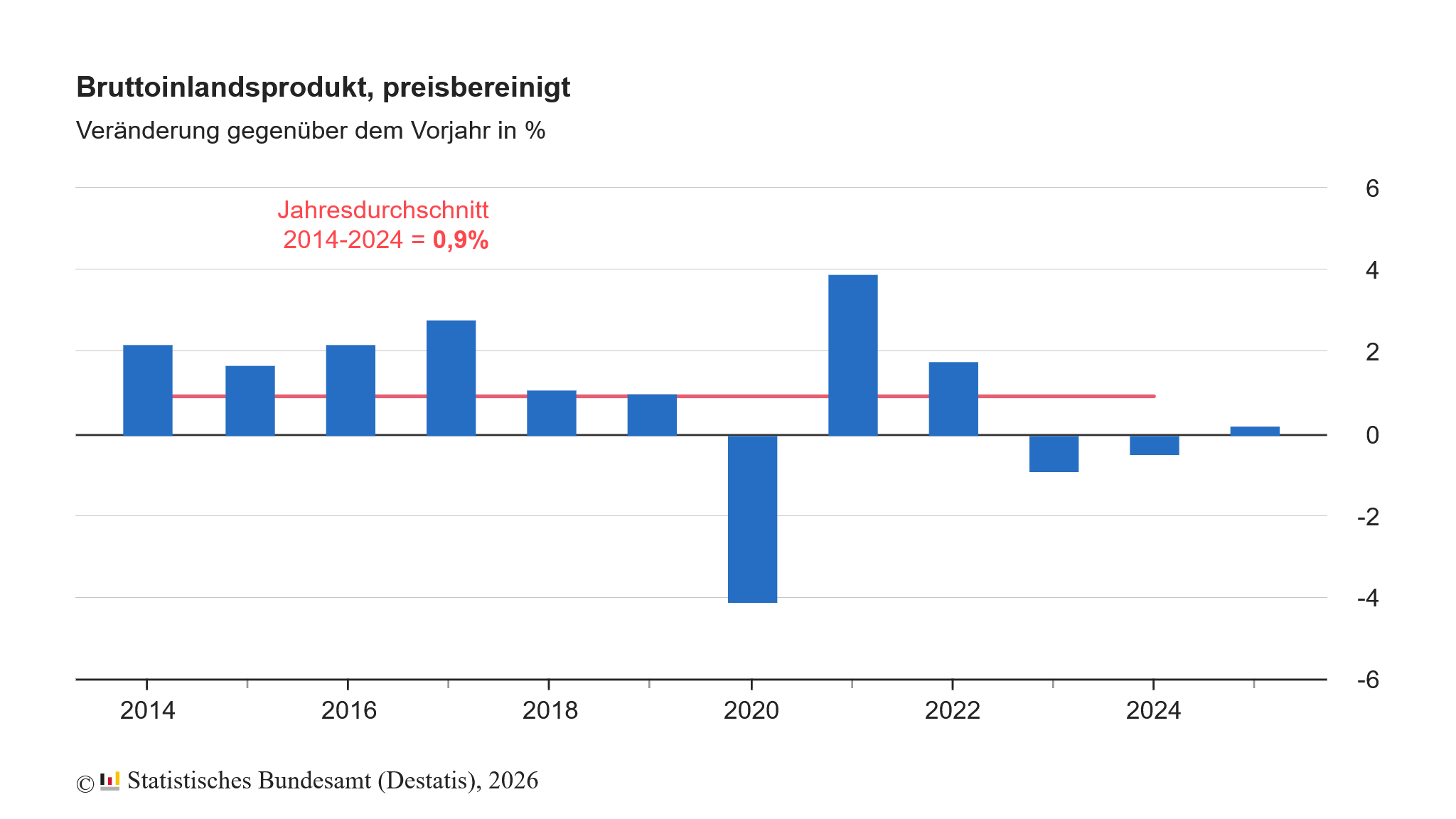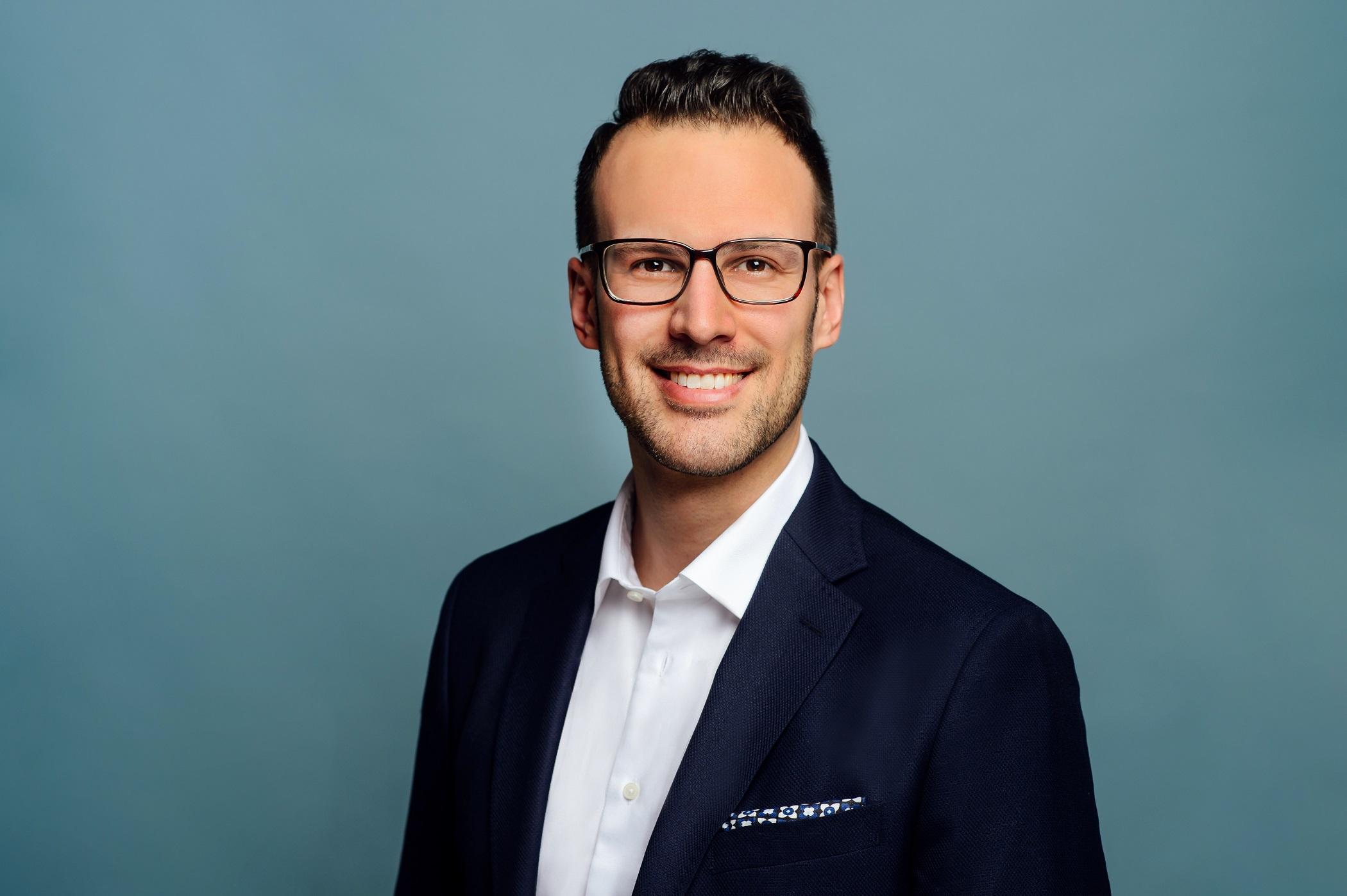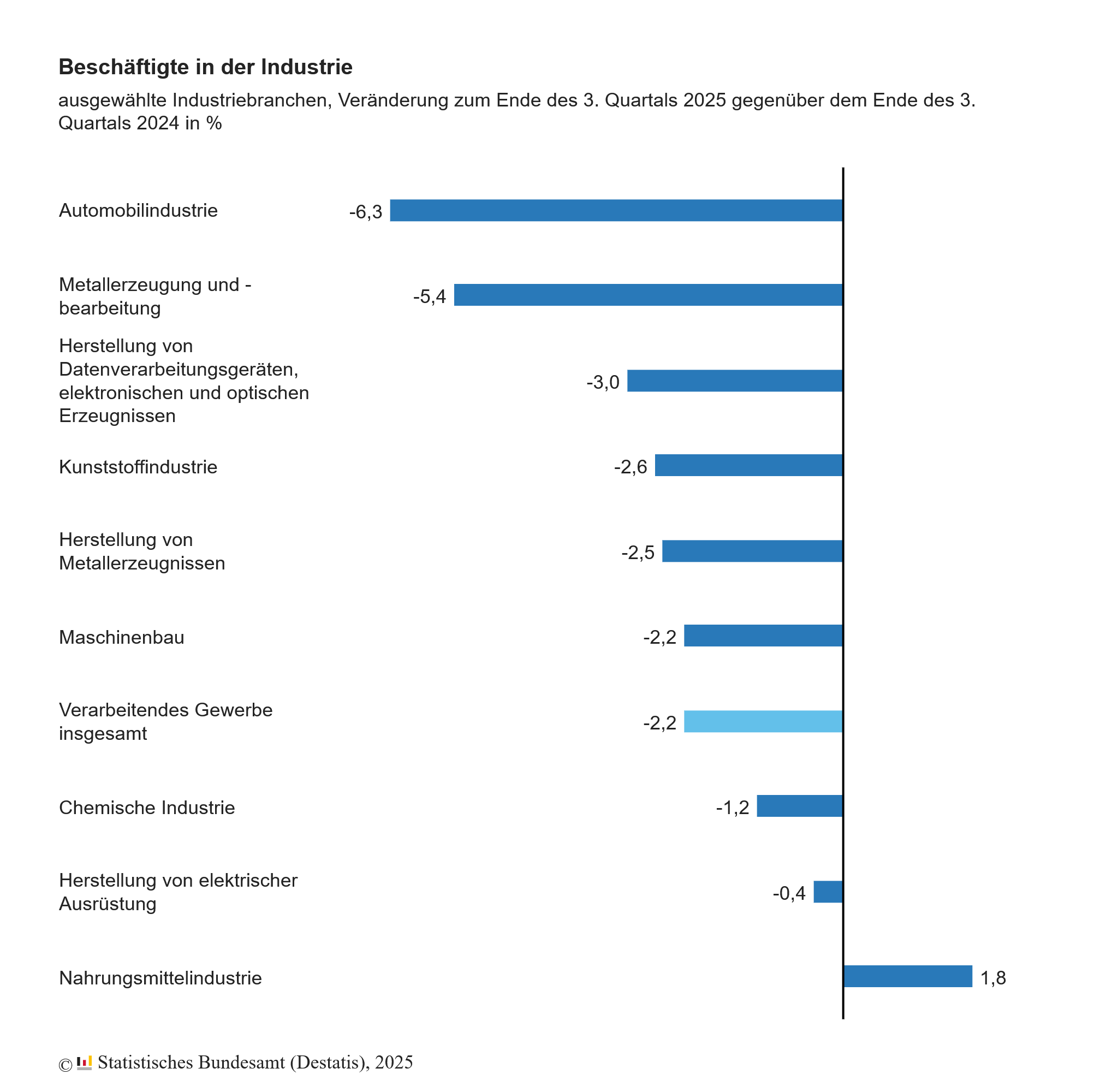How startups want to rake in many millions of euros with cannabis legalization
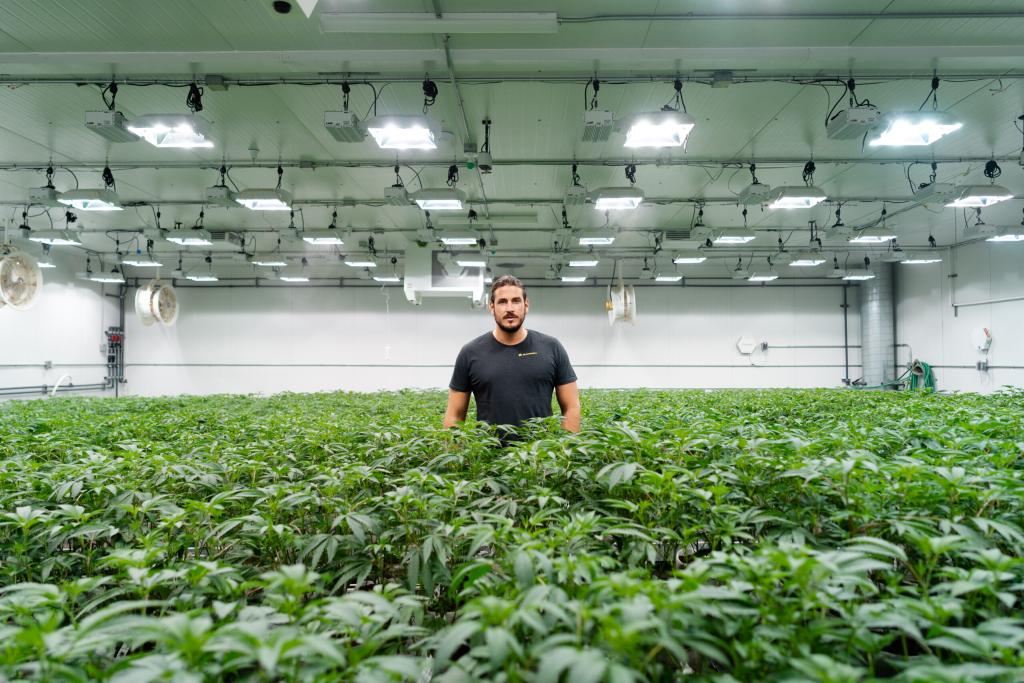
The planned legalization of cannabis at EU level could still fail. How German start-ups are nevertheless preparing for the sale of THC - and what they will do if the dream does fall through.
At first glance, Bloomwell is a boring company. The start-up's office is located in a brown, angular office building between Frankfurt city center and the Main River. A logo in the entrance area shows a green leaf that could come from a deciduous tree or any other plant. From there, a door leads into a corridor that leads to several meeting rooms. A long table, white walls, a flipchart. All that's missing is a table football table and the cliché of the normal start-up is perfect.
But if you take a closer look these days, you will see what lies behind the boring façade. For example, the meeting room is called Pink Kush and is named after a cannabis strain. And the founders Niklas and Anna-Sophia Kouparanis are not talking about fintechs or delivery services, but about something that nobody in Germany wanted to talk about for a long time: The legalization of cannabis and how it can rake in many millions of euros.
Is smoking weed coming for everyone, ask the media? How can you earn a lot of money with it now, ask entrepreneurs.
Admittedly, the German cannabis industry isn't really that big yet. But it has big plans. After all, Germany could soon become the largest cannabis market in the world, at least according to a twelve-page paper in which the German cannabis industry has pinned all its hopes. Twelve pages that will decide whether or not a market worth billions is created here - and twelve pages that are quite something. This is because the key issues paper presented by the traffic light government in October stipulates that THC should not be classified as a narcotic, as has been the case to date. In future, adults should be able to buy cannabis in licensed specialist stores, and cultivation for sale should also be possible with a license. Is smoking weed coming for everyone, ask the media? How can you earn a lot of money with it now, ask entrepreneurs.
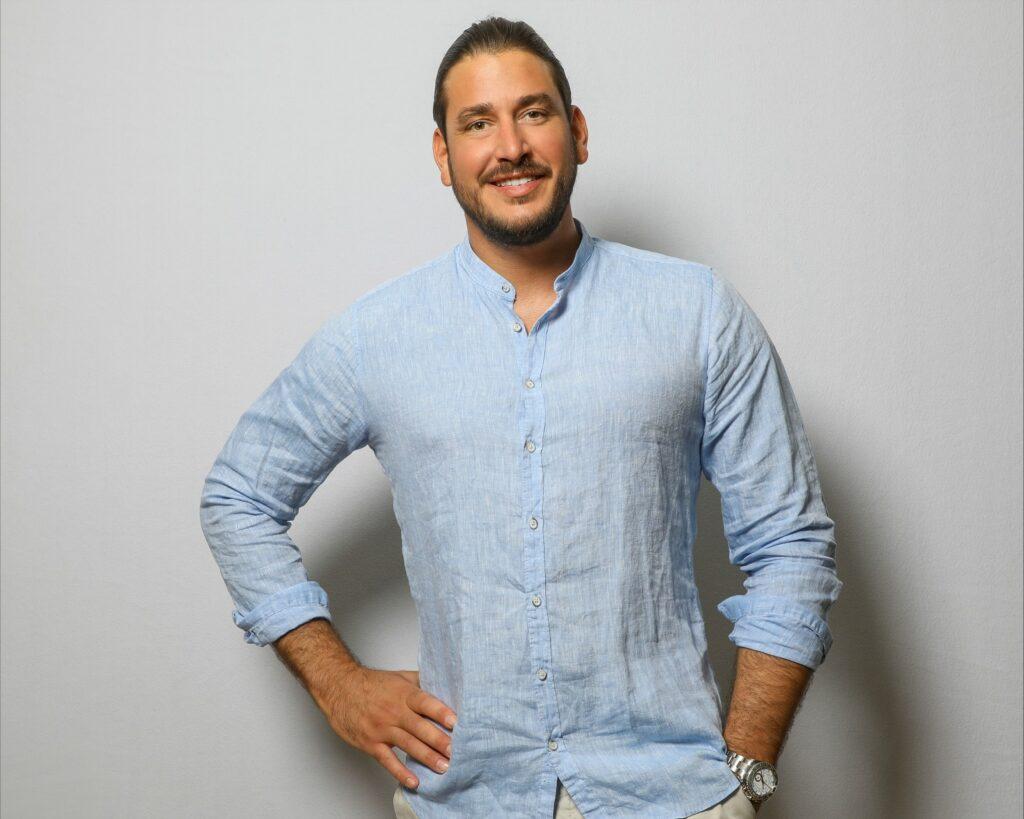
Much is still open. The traffic light coalition cannot decide on the legalization of cannabis alone. It is not possible without the approval of the EU Commission, which is still pending. Start-ups are therefore faced with a dilemma. On the one hand, they have to be prepared should legalization go through, otherwise someone else will grab their market share. On the other hand, they could potentially lose billions if the EU overturns the matter and the twelve pages can suddenly be smoked in the pipe. And now?
A franchise concept in the drawer? Have German start-ups
Siblings Niklas and Anna-Sophia Kouparanis are two of the entrepreneurs who have to plan for the unplannable. The man with the short hair, long beard and broad shoulders says: "It would be entrepreneurially negligent for us not to prepare for this market." He has long had plans in the drawer, copied from other countries, but of course they have not yet been implemented. "We see in other markets that stores are very popular as a point of contact at the beginning," says Niklas Kouparanis. "That's why we will also be developing a store concept. But we won't be the company that has 200,000 stores in Germany." Bloomwell would much rather focus on the online distribution of cannabis - at least if this becomes possible. This is because the key issues paper does not yet provide for this; a decision will only be made at a later date.

The start-up already knows its way around the cannabis business. According to Niklas Kouparanis, the telemedicine platform Algea Care currently generates the largest turnover. 88 doctors supply 11,000 patients with cannabis there. The second largest turnover is generated by Ilios Santé, the product procurement business founded by Anna-Sophia Kouparanis. The tall, dark blonde founder already imports medicinal cannabis from the Netherlands, Canada, Portugal, Denmark, Spain and Colombia. If cannabis is legalized, she would like to sell in Germany, but continue to source cannabis from abroad and not grow it herself.
"We can simply adapt the processes for online trading in the legal cannabis market"
Niklas Kouparanis, founder of Bloomwell
Breezy Brands was newly founded. In its online store, customers can currently buy vaporizers, cigarette paper and all sorts of cannabis-related products. Breezy would play the main role in legalization, at least if online trade is permitted, the two founders explain. One part of Breezy Brands is the "Green Breeze", a marketplace for cannabis pharmacies. Patients enter the access code from their prescription there and can then choose the appropriate cannabis preparation. This is already legal today. The patient then sends the physical prescription to the online pharmacy. A supplier then delivers the ordered cannabis to the patient's home and checks their ID. "We can easily adapt the processes for online trading in the legal cannabis market," says Niklas Kouparanis.

His co-founder and sister Anna-Sophia Kouparanis adds: "We can therefore cover all the very strict regulatory requirements that the legislator would like to impose on regulations for online trading." Can, if the EU agrees to legalization and the legislator decides in favour of online trading. But is that really realistic?
Synbiotic wants to invest as little money as possible so far - but not miss out on the hype either
Hundreds of kilometers to the south, another founder is facing sophisticated plans and the dilemma of uncertainty: Lars Müller, CEO of Synbiotic. Asked in the video call whether legalization will finally happen, he says: "It's still unclear whether legalization will fail because of the EU or not". He therefore has to plan with uncertainty and is doing so cautiously for the time being: "At the moment, everything is more conceptual and theoretical with as little financial input as possible," says Müller.
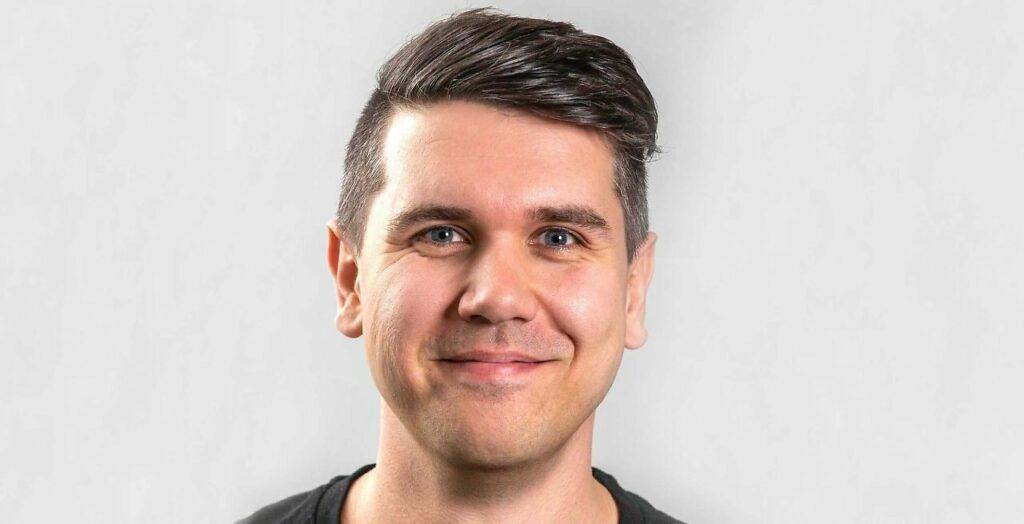
With his company Synbiotic, he is trying to cover the entire value chain relating to hemp, CBD and medicinal cannabis. To this end, he has acquired other companies in recent months and is expanding them under the Synbiotic umbrella. Müller's company is now involved in 16 companies, most of which Synbiotic either holds all or more than half of the shares.
Müller emphasizes that his company would function well even without legalization. But let's be honest: if cannabis were to become legal for recreational use, Synbiotic would probably make a good profit. This spring, Synbiotic founded a joint venture with the Enchilada restaurant group to develop a franchise concept for cannabis dispensaries. This is how it should work: The joint venture provides the brand and a store concept as a franchisor. Independent entrepreneurs are to take over the concept for a fee and open their own cannabis dispensary - similar to McDonalds. "We already have various concepts that we just need to get out of the drawer and implement as soon as we are allowed to," says Müller.
"Pleasure cannabis will trump everything in terms of market size and spread to a large part of our group"
Lars Müller, Grüner Synbiotic
Currently, 80 percent of Synbiotic's revenue comes from the sale of CBD products, i.e. products with the active ingredient cannabidiol, which are already legally sold today. A further 20 percent comes from medical THC cannabis, which patients have been allowed to consume on prescription since 2017. If legalized, THC cannabis would also be released as a stimulant. "In terms of market size, recreational cannabis will outstrip everything else and spread to a large extent in our group," Müller believes. The "Hemp Farm", one of the portfolio companies, is already growing industrial hemp - hemp with a low THC content that can be used to produce textile fibers, paper and insulating materials, for example. Should legalization come about, the start-up could switch its capacities to recreational cannabis.
Müller also sees growth potential outside the German market. If the EU Commission approves legalization, he expects a kind of domino effect, with Germany leading the way.
What if legalization doesn't happen?
Nothing is certain, however, and in case of doubt, Müller would have to exist even without legalization, which he says is not a problem: "We are already active in areas that are not affected by legalization," says Synbiotic founder Müller. "If legalization doesn't happen, our medical cannabis market in particular will become even more important." He assumes that the self-payer market would grow, i.e. the market for patients who receive a cannabis prescription but for whom the health insurance companies do not cover the costs. In this case, Synbiotic would like to expand its Hempamed RX brand and introduce new products soon.

Niklas Kouparanis in Frankfurt is also relaxed about his own company, but says clearly: "If we don't legalize recreational cannabis, we have to be aware that this will be a bitter setback for the industry, which has now erupted in euphoria in some cases. Nevertheless, we are optimistic that cannabis will be legally sold as a stimulant in Germany for the first time in early 2024."
"If we do not legalize recreational cannabis, we must be aware that this will be a bitter setback for the industry, which has now erupted in euphoria in some cases.
Niklas Kouparanis, founder of Bloomwell
He suspects that Karl Lauterbach very probably has a plan B and is not currently communicating it for strategic reasons. "If the European Commission says that the legalization of cannabis as a stimulant - as envisaged in the draft law still to be drawn up - does not comply with European law, a scientific pilot project could be launched in Germany immediately." He already suspects a back door for this in the key issues paper. "When I read in the key issues paper that the law is to be evaluated after four years, it sounded to me very much like a back door for such a large-scale and nationwide pilot project."
So, weed through the back door? The ball is now in the EU's court.

Newsletter
Startups, stories and stats from the German startup ecosystem straight to your inbox. Subscribe with 2 clicks. Noice.
LinkedIn ConnectFYI: English edition available
Hello my friend, have you been stranded on the German edition of Startbase? At least your browser tells us, that you do not speak German - so maybe you would like to switch to the English edition instead?
FYI: Deutsche Edition verfügbar
Hallo mein Freund, du befindest dich auf der Englischen Edition der Startbase und laut deinem Browser sprichst du eigentlich auch Deutsch. Magst du die Sprache wechseln?




